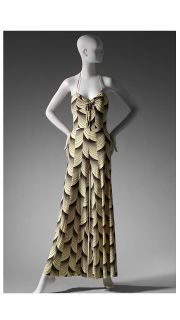Cellulose diacetate
Description
Cellulose acetate resin that has an average of 2-2.5 acetate groups per glucose unit. In 1865, Schutzenberger developed a method to acetylate cellulose. This method and others produced fully acetylated cellulose triacetate (at that time called cellulose acetate). In 1906, Miles discovered that cellulose triacetate could be partially hydrolyzed to form a cellulose acetate product that was softer and more soluble. It was initially called secondary cellulose acetate and soon became the only form of cellulose acetate being used. Thus cellulose diacetate became commonly called cellulose acetate or simply acetate. Produced by Dreyfus of France, cellulose acetate became popular for motion picture film in 1910. It was used for lacquers especially for dope on airplane wings during WW I. By 1919, acetate was developed into a fiber (Celanese®) and by 1927 acetate was being used for fabrics, coatings, photographic film, and molded pieces.
Synonyms and Related Terms
CDA; secondary acetate; cellulose acetate; acetate; acetato de celulosa (Esp.); acetato de celulose (Port.);
Examples: Dicel; Silene;
Risks
Cellulose acetate degradation produces Acetic acid. Self-extinguishing.
Physical and Chemical Properties
- Soluble in acetone, phenol and chloroform. Insoluble in methylene chloride.
- Resistant to dilute alkalis and dry-cleaning solvents.
- Degrades in acids and concentrated alkalis.
- Burns with light green flame and spark; smells of acetic acid.
| Melting Point | 232 C |
|---|---|
| Density | 1.25-1.35 g/ml |
| Refractive Index | 1.48 |
Resources and Citations
- Van Nostrand's Scientific Encyclopedia, Douglas M. Considine (ed.), Van Nostrand Reinhold, New York, 1976
- Identification of Textile Materials, The Textile Institute, Manchester, England, 1985
- J.Gordon Cook, Handbook of Textile Fibres:II Man-made Fibres, Merrow Publishing Co. , Durham, England
- History of Plastics at www.nswpmith.com.au/historyofplastics
